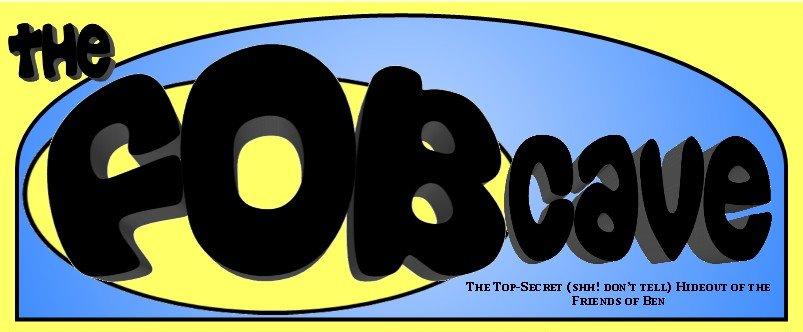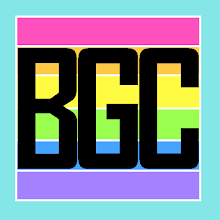When I found out that the Washington State Democratic Primary is basically an opinion poll--that all the delegates to the national convention are determined not by the primary but by the caucuses--I was a little hesitant. I'd never been to a caucus before and I was intimidated by the potentially in-your-face nature of the process. I felt strongly enough that Barack Obama should be the next president of the United States, though, to force myself to face the unknown and go to the caucus.
It ended up being a lot of fun and more satisfying, I think, than a simple vote-and-go election process. As with a lot of other areas of the country, my precinct had a record turnout this year, helped by the fact that I live close to a university and Barack Obama is able to achieve the impossible: get college students to vote. Taking that into account, the results ended up about as I expected, with Obama getting seven of the eight delegates my precinct is sending to the district caucus (who will in turn elect delegates to send to the county caucus, who will in turn elect delegates to send to the state convention, who will in turn elect delegates to send to the national convention in August).
I had an interesting moment when signing in. There's an optional field on the form where you can mark "GLBT" if it corresponds to you. I hesitated. If I check "no," am I a closet homosexual hiding my true identity? If I check "yes," am I claiming an identity that I don't deserve because I live in the social and political comfort of a heterosexual marriage? I ultimately decided to check "yes" because it seemed appropriate, in an election where a half-Black man raised by his white grandparents is being labeled the Black candidate, for a half-gay man in a straight marriage to label himself a gay voter.
Subscribe to:
Post Comments (Atom)





7 comments:
.
Tell us more about the caucus! I was hoping you would go.
My precinct, along with several other precincts, met at a Methodist temple. They had us all sign in as we arrived, indicating which candidate we support--or you could say you're undecided. Then we waited around while everyone arrived and they tallied the votes, and then they announced the tally as it stood and invited people to speak on behalf of their candidate in order to win the undecideds or others over to their side. This debate got a little heated, but not too bad. Then they gave everyone a chance to change their vote--I'm pretty sure it was just the undecideds who did. Then we waited around some more, and then they announced the final tally. We split into Clinton supporters and Obama supporters, and each group had to choose its delegate(s) and alternate(s).
Mostly I liked that it went against my isolationist tendencies and got me involved in a more community-oriented political forum. In the end, though, it seems like a system built on old technology that would achieve more or less the same results much more efficiently through a simple primary.
.
I heard a story on NPR tonight about a woman in ... Kansas? who went to her first-ever caucus and, while there, she saw all these....hang on.
Found it.
It made me really want to caucus someday.
Although I'm so virulently antiparty, I may never get that chance.
Yeah, I did like the humanizing aspect of the caucus--like the lady on NPR says, it puts a face to the statistics.
It's really encouraging to see so many people getting involved this time!!! :D
I love the idea of caucuses - the chance to convince and be convinced, and to hear in kind of an organized way why people are supporting different candidates. It feels much more community-based than a primary (I guess because it IS - duh), and kind of more unifying. And Obama won Washington! So good for you for showing up and helping him win!
Yeah, I figure he owes me big time.
Post a Comment